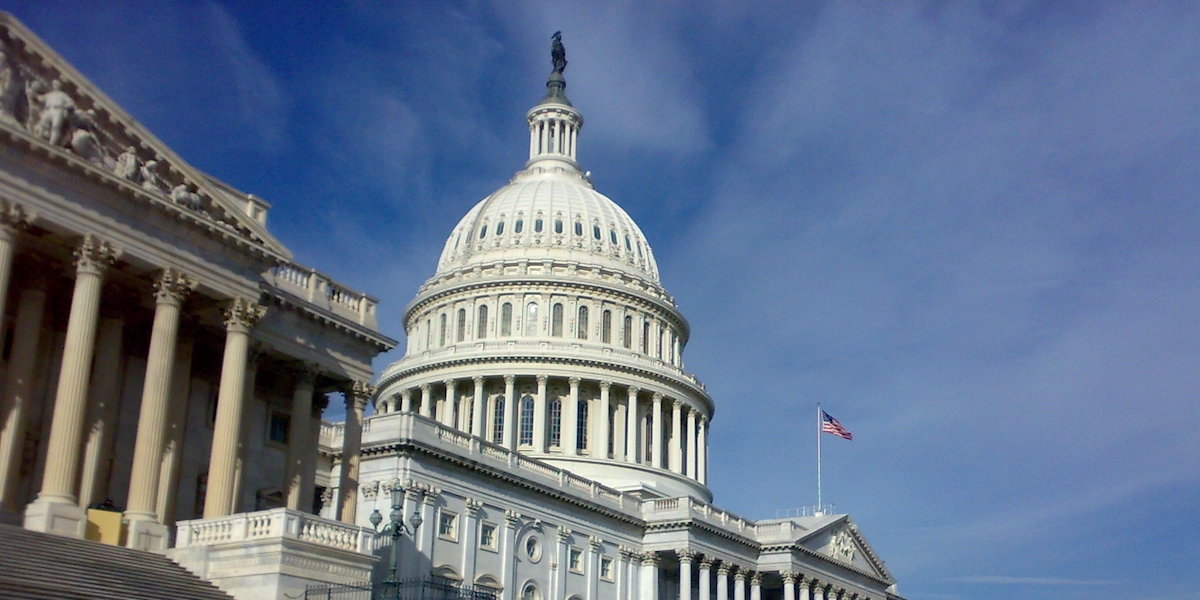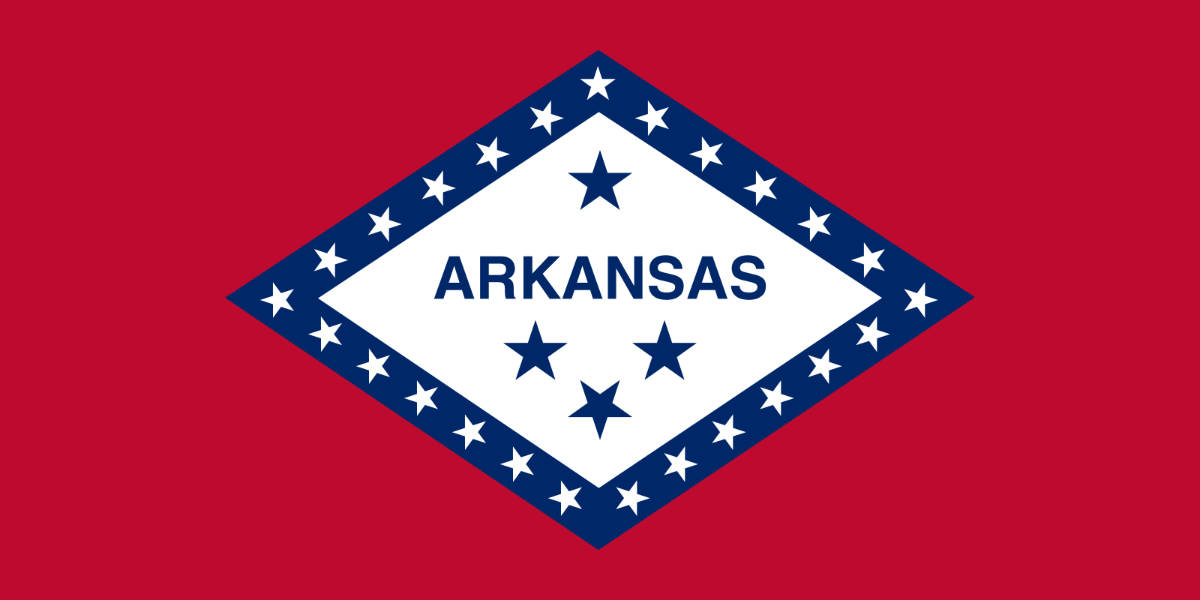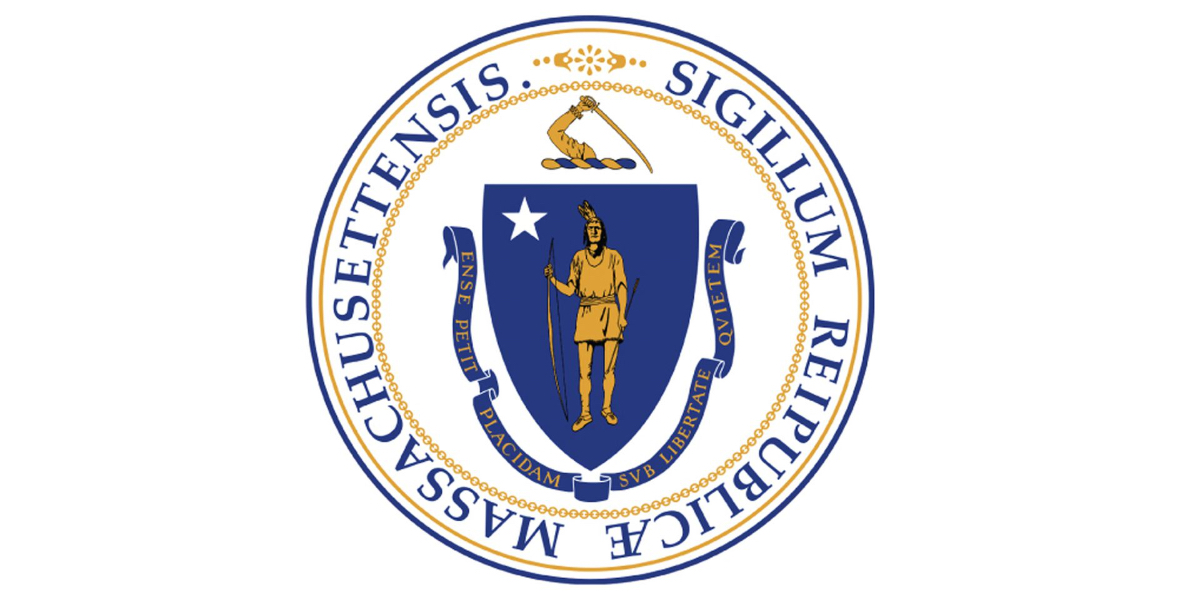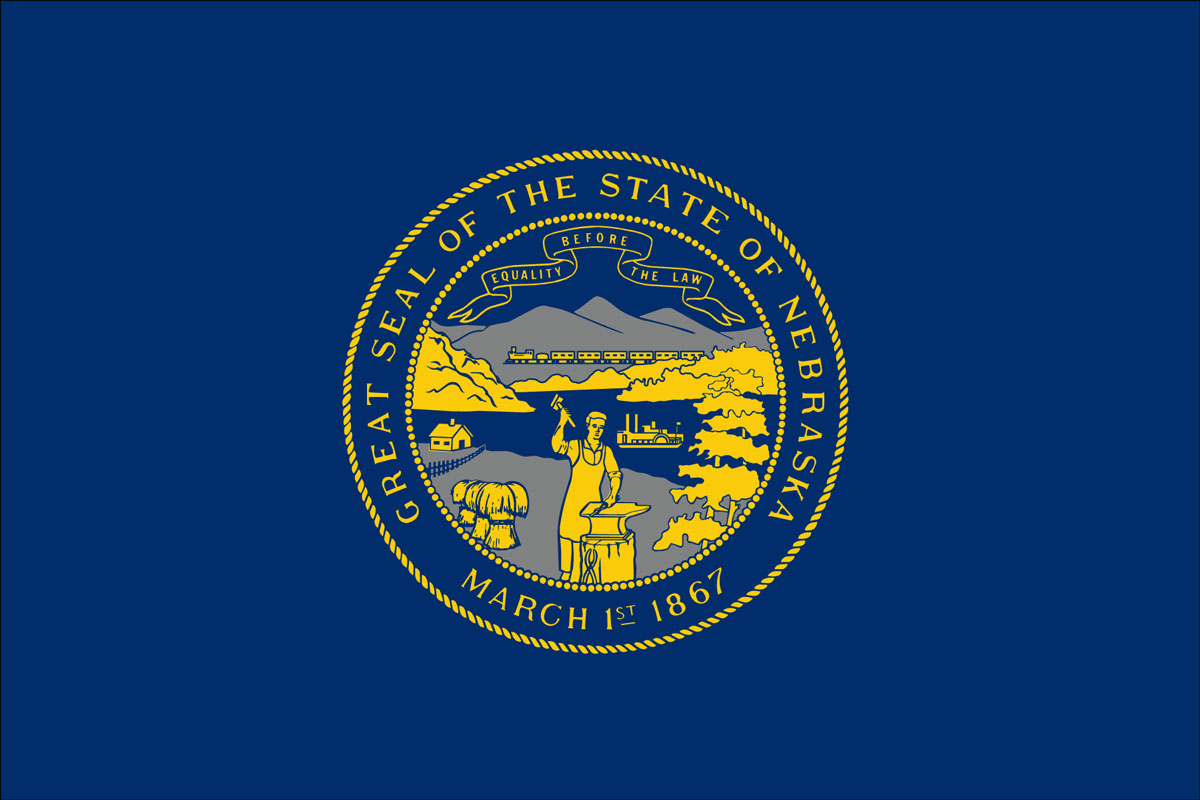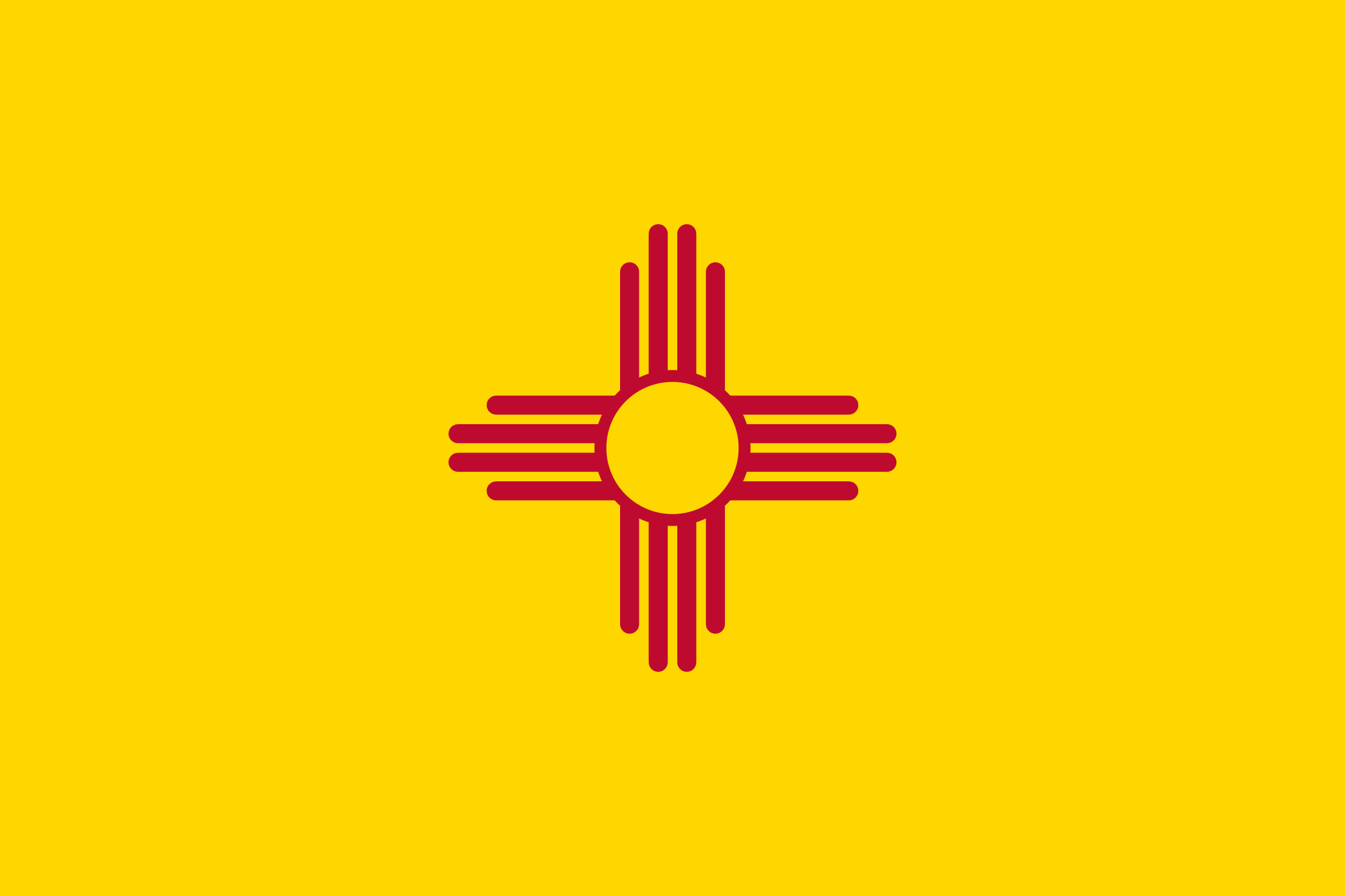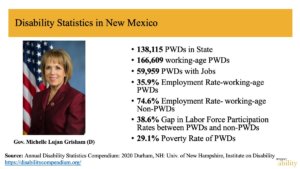Washington, D.C., February 22 – Last month, Rep. Matt Cartwright (D-PA-08) and Rep. David McKinley (R-WV-01) introduced a new, bipartisan bill intended to address the direct care workers shortage. This new bill, entitled the Improving Care for Vulnerable Older Citizens and People with Disabilities through Workforce Advancement Act, would amend the Public Health Service Act to develop an expanded role for direct care workers who provide long-term services that help older Americans, and help people with disabilities enter the workforce.
Direct care workers are a proven lifeline for those they serve, as well as for families and friends struggling to provide high-quality care. Currently, many direct care workers fail to earn a living wage and almost none have opportunities for career advancement. Reports show low job satisfaction with a very high turn over rates. The expense to replace each Direct Care Worker can be costly and detrimental to the health care of a patient.
